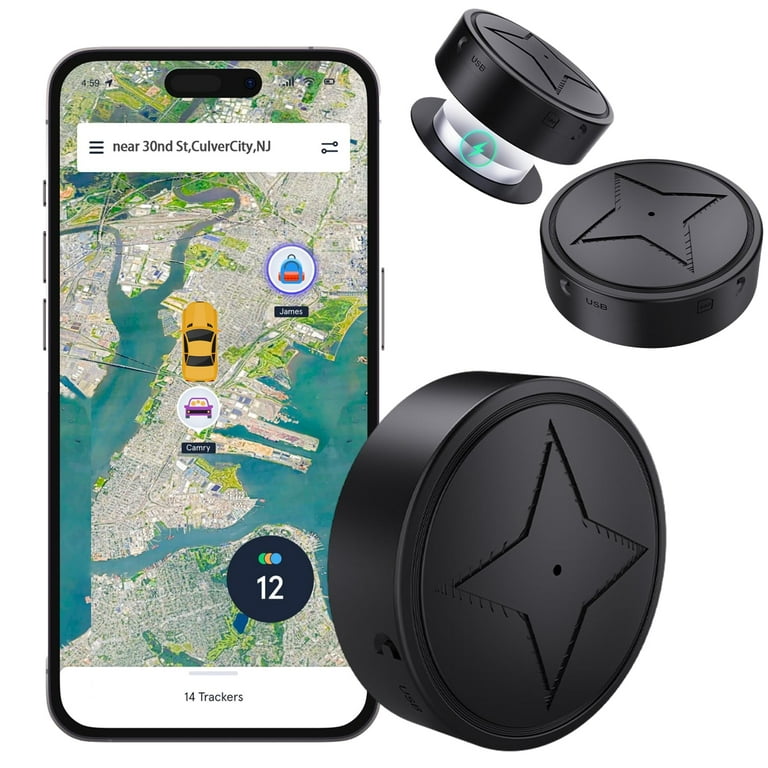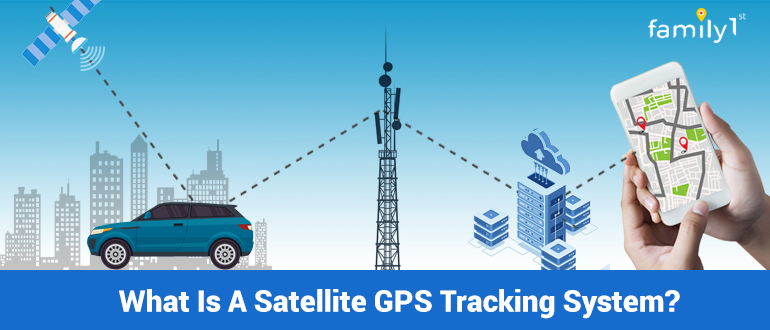Understanding GPS Tracking: Modern Technology, Applications, and Benefits
Understanding GPS Tracking: Modern Technology, Applications, and Benefits
Blog Article
Browsing the Future of GPS Monitoring: Technologies, Difficulties, and Opportunities Ahead
As we stand at the crossroads of social implications and technological improvements, the landscape of general practitioner tracking is poised for a transformative trip ahead. The advancement of GPS innovation has been fast, introducing a new period of real-time monitoring capabilities that guarantee unprecedented degrees of accuracy and effectiveness. With great innovation comes excellent responsibility, as information personal privacy worries impend big and safety difficulties in General practitioner monitoring raise essential inquiries about protecting delicate details. Amidst these obstacles exist hidden possibilities waiting to be explored, offering a peek into the untapped capacity of an industry at the verge of adjustment.
Advancement of GPS Technology
The Advancement of GPS Technology has been marked by substantial improvements in accuracy, protection, and performance throughout the years. At first created for armed forces objectives, GPS technology has advanced to come to be a common device in numerous markets, consisting of transport, logistics, agriculture, and personal navigation. Early general practitioner systems were identified by minimal insurance coverage, lower precision, and bulkier equipment needs. With ongoing technological technologies, GPS has actually transitioned to a lot more effective and accurate systems that offer worldwide coverage and improved precision.
One secret landmark in the advancement of GPS modern technology was the growth of Careful Schedule (SA) in the 1990s, which purposefully broke down the precision of noncombatant general practitioner signals. The discontinuation of SA in 2000 considerably enhanced GPS accuracy for civilian customers. Subsequent developments, such as the deployment of extra satellite constellations like Galileo and BeiDou, have better boosted GPS protection and precision, making it an indispensable tool in daily life. As general practitioner technology continues to evolve, we can anticipate additional improvements in efficiency, precision, and insurance coverage, opening up brand-new possibilities for advancement and applications throughout various sectors.
Real-Time Tracking Improvements
Building on the innovations in GPS innovation that have actually transformed accuracy and insurance coverage, real-time monitoring has become an essential location of innovation with extensive implications throughout numerous industries. Real-time monitoring advancements make it possible for companies and businesses to keep track of lorries, personnel, and properties instantaneously, offering useful insights for decision-making processes - gps tracking. By leveraging real-time information, business can boost operational efficiency, improve customer support, and guarantee the safety and safety and security of their assets
One of the key advancements in real-time monitoring is the integration of expert system and artificial intelligence formulas, which make it possible for predictive analytics and anomaly discovery. These capabilities permit positive maintenance scheduling, path optimization, and threat reduction techniques. Moreover, the development of real-time radar has actually brought about the advancement of mobile applications and adjustable dashboards, encouraging users to access important information anytime, anywhere.
Data Privacy Problems

Data personal privacy problems incorporate numerous elements, including the storage, sharing, and retention of location information. Businesses must implement robust safety procedures to protect general practitioner tracking information from cyber dangers and information violations. Transparent policies regarding information collection practices and the objective of monitoring are vital to develop count on with customers and ensure compliance with information security policies.
Protection Difficulties in GPS Tracking
Addressing data personal privacy worries in GPS tracking is elaborately linked to mitigating the safety and security tests that emerge from potential susceptabilities in the innovation. One of the key safety difficulties in GPS monitoring is the danger of unapproved access to sensitive area data - gps tracking. Hackers might intercept general practitioner signals, control location details, or even track individuals without their permission. This not just attacks individual privacy however additionally postures severe safety threats.

One more safety obstacle is the potential for obstructing or spoofing general practitioner signals. By transmitting false signals or conflicting with genuine ones, malicious actors can trick GPS receivers and adjust place data. This presents risks not only for individual customers however additionally for governmental and military applications that depend on precise positioning details. Carrying out durable encryption, verification actions, and signal verification protocols are critical action in resolving these security difficulties in GPS monitoring.
Emerging Opportunities in the Market
The growing area of General practitioner monitoring modern technology presents a myriad of promising opportunities for sector development and development. One vital possibility lies in the expansion of General practitioner tracking applications past typical markets. General practitioner tracking can reinvent patient treatment by making it possible for remote tracking of crucial signs and making certain timely medical aid.
Additionally, the enhancing need for linked tools and IoT services offers a ripe possibility for General practitioner tracking firms to broaden their offerings and create ingenious solutions that provide to an extra linked globe. By utilizing on these emerging opportunities, General practitioner monitoring business can position themselves for sustained development and success in the vibrant landscape of the industry.
Final Thought
In conclusion, the future of general practitioner tracking is noted by constant advancement and advancement in modern technology. Real-time tracking advancements and arising opportunities existing appealing leads for the market. Data privacy problems and safety and security challenges continue to be considerable obstacles that need to be attended to. As the market moves on, browsing these challenges will certainly be critical to guarantee the ongoing development and success of general practitioner monitoring modern technology.
With terrific advancement comes fantastic responsibility, as information privacy concerns loom large and protection difficulties in GPS tracking raising significant questions concerning securing delicate information.With the quick spreading of General practitioner monitoring technology in different industries, dealing with information privacy problems has ended up being a critical imperative for both consumers and services alike. The collection of location data with General practitioner tracking raises substantial privacy problems, as it allows the surveillance of individuals' behaviors and activities. Businesses view publisher site utilizing GPS tracking should prioritize guarding this data to stop unapproved access or misuse that might jeopardize individuals' privacy rights.
Businesses should execute robust safety and security measures to protect General practitioner monitoring data from cyber risks and information violations.
Report this page